Industry analyst firm IDC predicts that AR/VR helmet shipments will reach 99.4 million in 2021, nearly 10 times more than the 10.1 million units in 2016, with a compound annual growth rate of 58%. From the market point of view, technology giants including Facebook, Microsoft, Google and Apple are all deploying AR/VR. So how do these tech giants see the AR/VR industry?
Zuckerberg: 10 years of VR mass adoption
Facebook founder and CEO Mark Zuckerberg has always supported VR technology, calling it "the next generation of major computing and communications platforms." He spent $2 billion to acquire Oculus in 2014 and changed the VR market. Zuckerberg released a rhetoric earlier this year: "Facebook plans to invest $3 billion in VR over the next 10 years in order to achieve the goal of providing a good VR experience for hundreds of millions of people."

However, Zuckerberg also admitted that virtual reality will take quite a long time to be widely adopted. "To be honest, I don't know how long it takes to form a complete virtual reality ecosystem. It may be 5 years, maybe 10 years, or even 15 or 20 years. I think it takes at least 10 years. Like a smartphone, It will take 10 years before it actually enters the mass market, so I don't think that virtual reality can reach the mass market in the short term."
HTC: Content Is Key to Exploding VR Ecosphere
Unlike Facebook, HTC has invested heavily in VR, hoping to seek business breakthroughs. Company Chairman and CEO Wang Xuehong believes: "HTC Vive is at the forefront of the VR market." Last month, Ge Yunshan, director of HTC Vive’s app store, pointed out that VR content is the key to the VR ecosystem. "After 2016, it is the best time to develop VR explosion."

HTC is currently researching PC VR products for wireless solutions, and has vigorously laid out the VR ecosystem, hoping to achieve breakthroughs in VR hardware and content. The company hopes that the sales of PC VR products with wireless solutions will increase in 2017, which will combine good VR experience with ease of use, extending the user's time and making it possible for VR experiences of even longer business hours and more business models. .
Valve: VR may fail but readily accept
Valve has always been brave enough to try new things and lose it: The company successfully bypassed physical retail stores and became the world's largest online PC game distribution platform. However, Valve's launch of SteamOS does not seem to be successful. Today, the company is working with more partners (such as LG, SMI, etc.) to explore more possibilities for the VR industry.

At present, VR is at the early stage of revenue, but Valve wants to emulate Nintendo's development of software and hardware so that both can make full use of each other's capabilities, allowing SteamVR to imitate Nintendo's success stories in VR. Valve is optimistic that VR has a bright future and it is moving in the direction we expect. However, the company's CEO also clearly stated: "VR may fail, but we are pleased to accept."
Google: AR/VR is in exploration and concept presentation
Although Google Glass failed in the AR glasses, Google’s attempts to develop new technologies did not stop. Google has completed the layout of mobile AR/VR by launching a series of actions such as Cardboard and VR platform Daydream. The company also launched VR movie "Help" and VR application "Tilt Brush" to explore how VR technology can serve the public.
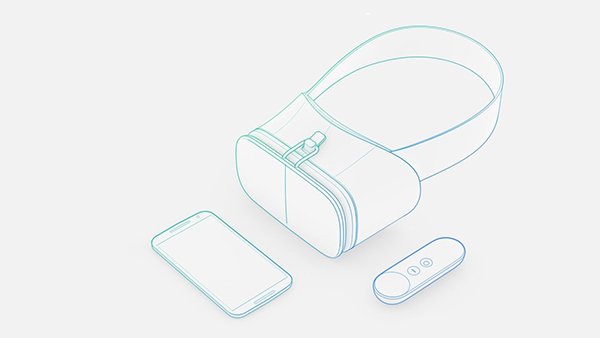
However, Google believes that “AR/VR is still at the stage of exploration and concept demonstration. We are also understanding the real value of this new technology. Reviewing the history of film development, in the first decade, people were only Some small pieces, until slowly know how to use this technology to narrate - VR is currently in a somewhat similar stage. How to put the new technology to the actual needs of the public to a wide range of acceptance is that we face a huge challenge."
Intel: Real VR has not yet appeared
After missing the mobile Internet, Intel is investing heavily in areas such as VR and drones. Intel has announced the Project Alloy independent VR helmet reference design, hoping that VR can get rid of the shackles of cable and PC. The company also plans to arrange VR games in advance, hoping to become a leader in VR. Intel pointed out, "What we see and experience is still the tip of the iceberg. What does VR look like? We may not realize it completely."
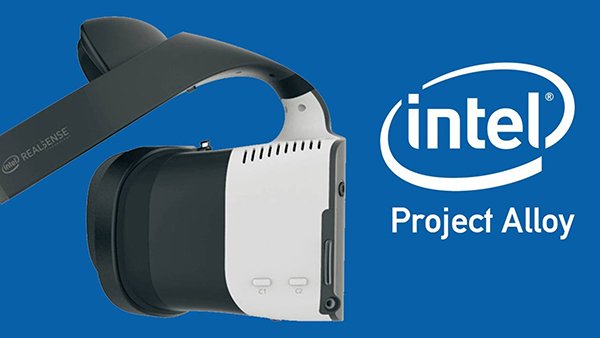
When it comes to the current state of VR, Intel said that there is still a lack of content and applications that make VR hot. "The industry now has enough hardware power, there are many cross-domain investments, and there are also very active games, commercial and enterprise-level products. Prices have also fallen for the first time, so the situation is very good. Except for one point, we still lack attractive content."
Apple: AR technology breakthrough will take another 5 years
Cook firmly believes that AR will have a major impact on people's future lives. "This technology does not cut us apart from this world, but it better promotes our relationship with the world." In his view, though, Many excellent AR games have now been born, but games are not the ideal vehicle for AR technology. Because to make a technology truly and profoundly change people's lives, it should make this technology a part of people's lives. You cannot play games all day long.
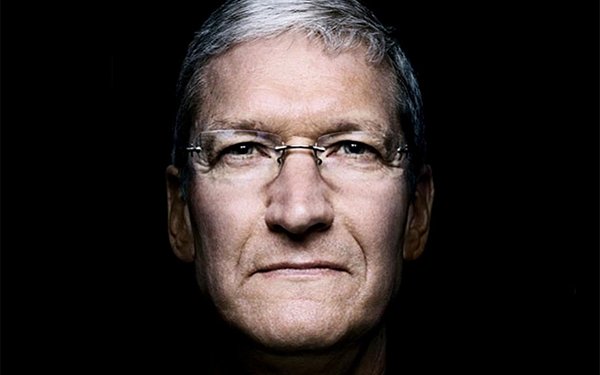
However, for Cook, despite agreeing with AR's development prospects, he does not think that AR will make "progressive" progress in the short term. "AR needs a lot of technology research and development. For example, sensors, displays, and even batteries, require a lot of different technical fields to integrate with each other. I think that in the short term we may not be able to see a huge breakthrough. You will see that technology is constantly Progress, but it requires a leapfrog development of the overall environment, may take a little time, about 5 years."
Sony: PSVR so fire company is shocked
In the three VR helmets, Sony PSVR sales are undoubtedly the best. Although only supporting PS4 consoles, as of February 19th, PSVR sales reached 915,000 units, which shocked Sony. Sony will launch the PSVR Aim Controller (gun-type controller) and promise to bring more game content to PSVR.
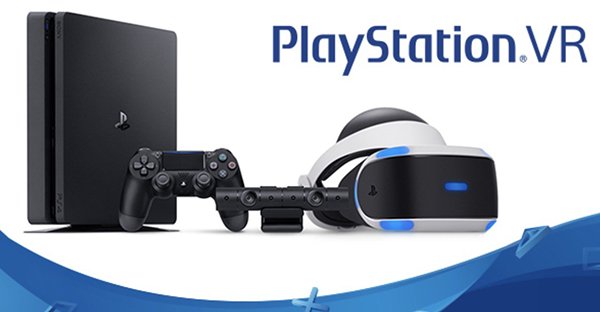
In fact, the Sony CEO is doubtful about whether VR can be accepted by the mass market. Therefore, when it is necessary to make decisions on the production volume of VR helmets, the CEO of Sony recommends small-scale production. “This is indeed a classic case. Those sales elites in the first-line fight are extremely excited about the emergence of VR. But we must consider other voices from inside the company. Of course, I am one of them, so I told them to be careful ."
Samsung: VR is Stunning The industry is in its infancy
In the field of mobile VR, Samsung's performance is very bright: Gear VR sales exceeded 5 million. Samsung executives believe that VR is amazing, but the industry is still in its early stages of development. "VR technology has changed many industries and created amazing opportunities for everyone. VR is not only suitable for professionals but also for everyone."
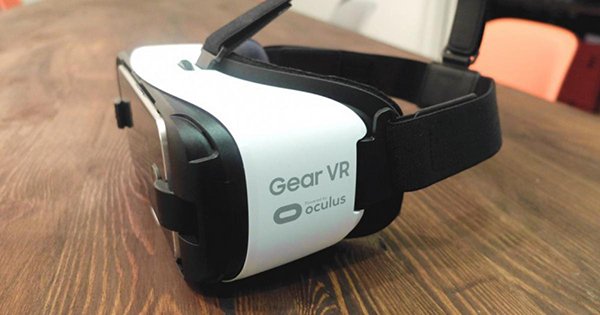
In Samsung's vision, VR includes not only professional helmets, but also immersive experiences on smartphones and TV monitors. “We are developing wireless and dedicated VR devices that provide users with motion tracking and gesture tracking capabilities, all of which can bring users an immersive experience. VR users will be able to watch 360 degrees on smartphones or TVs in the future. Video, you don't need a head-mounted camera to get a VR experience."
Qualcomm: The future of AR/VR lies in mobilization
Qualcomm believes that VR will grow in 2017 and then grow. The company's Snapdragon 835 is not only suitable for a range of mobile devices (smartphones and tablets) but also built specifically for VR. The VRDK helmet design that Qualcomm has demonstrated is based on the Xiaolong 835 VR hardware. Basically, Qualcomm wants to use its expertise to help other companies build their own VR helmets.
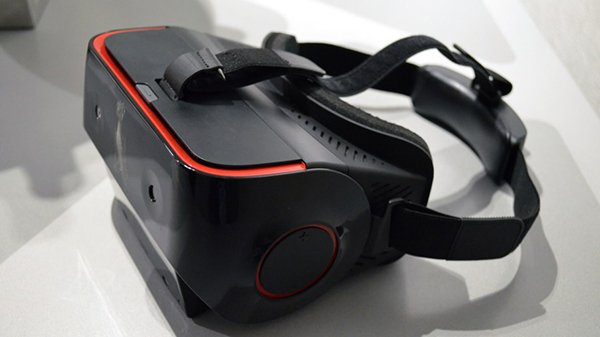
This is because, although Qualcomm is very optimistic about the future prospects of AR/VR, it is not satisfied with the current technology. The company hopes that AR/VR can be unlimited, with higher image resolution, better display, lightweight and energy-saving, allowing users to use helmet equipment for a long time. At present, Qualcomm wants to bring together all technologies that can make VR helmets lighter and more comfortable.
Microsoft: Provides MR Experience Based on Windows
When Microsoft launched HoloLens, many media praised its Inside-out tracking technology, and even some media believed that this technology is subversive for AR/VR. Today, Microsoft and its OEM partners have launched Windows MR-based VR helmets to bring the MR experience and its Inside-out to the VR experience.
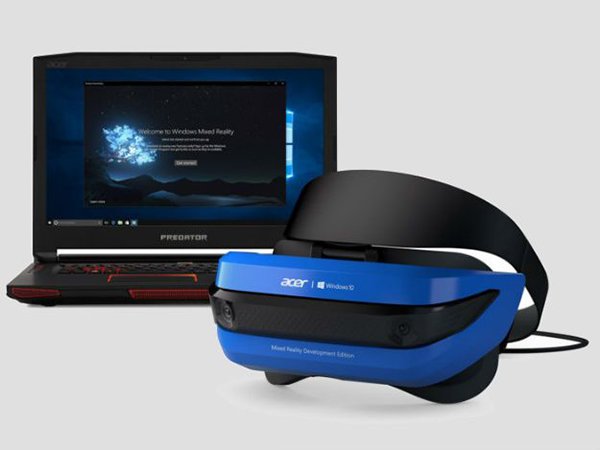
According to reports, Microsoft is working more on its best-selling systems, and product production is handed to OEM partners. Microsoft said in a statement, "The future Windows MR experience will enter other devices, not limited to desktops and Microsoft HoloLens. Our goal is to bring MR content to Xbox One devices in 2018, including the Project Scorpio (Scorpio) program."
At present, AR/VR has many problems, such as poor user experience, expensive equipment, and insufficient content. It's no wonder that most tech giants think the AR/VR industry is still in its early stages. Nonetheless, these tech giants have acknowledged the bright future of AR/VR and are building an ecosystem around their products. Xiao Bian also hopes that these technology giants and AR/VR practitioners can bring technological and content breakthroughs to make AR/VR better serve ordinary consumers.
Disposable Vape 5000 Puffs,Rechargeable Disposable Vape 5000 Puffs,Vape 5000 Puffs,Kangvape 5000 Puffs Flavors
Lensen Electronics Co., Ltd , https://www.lensenvape.com